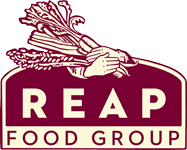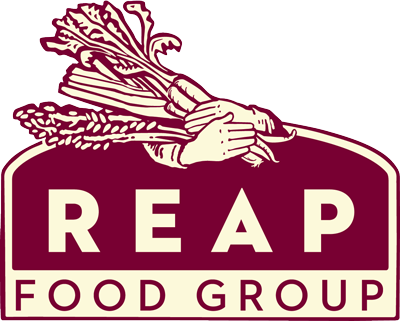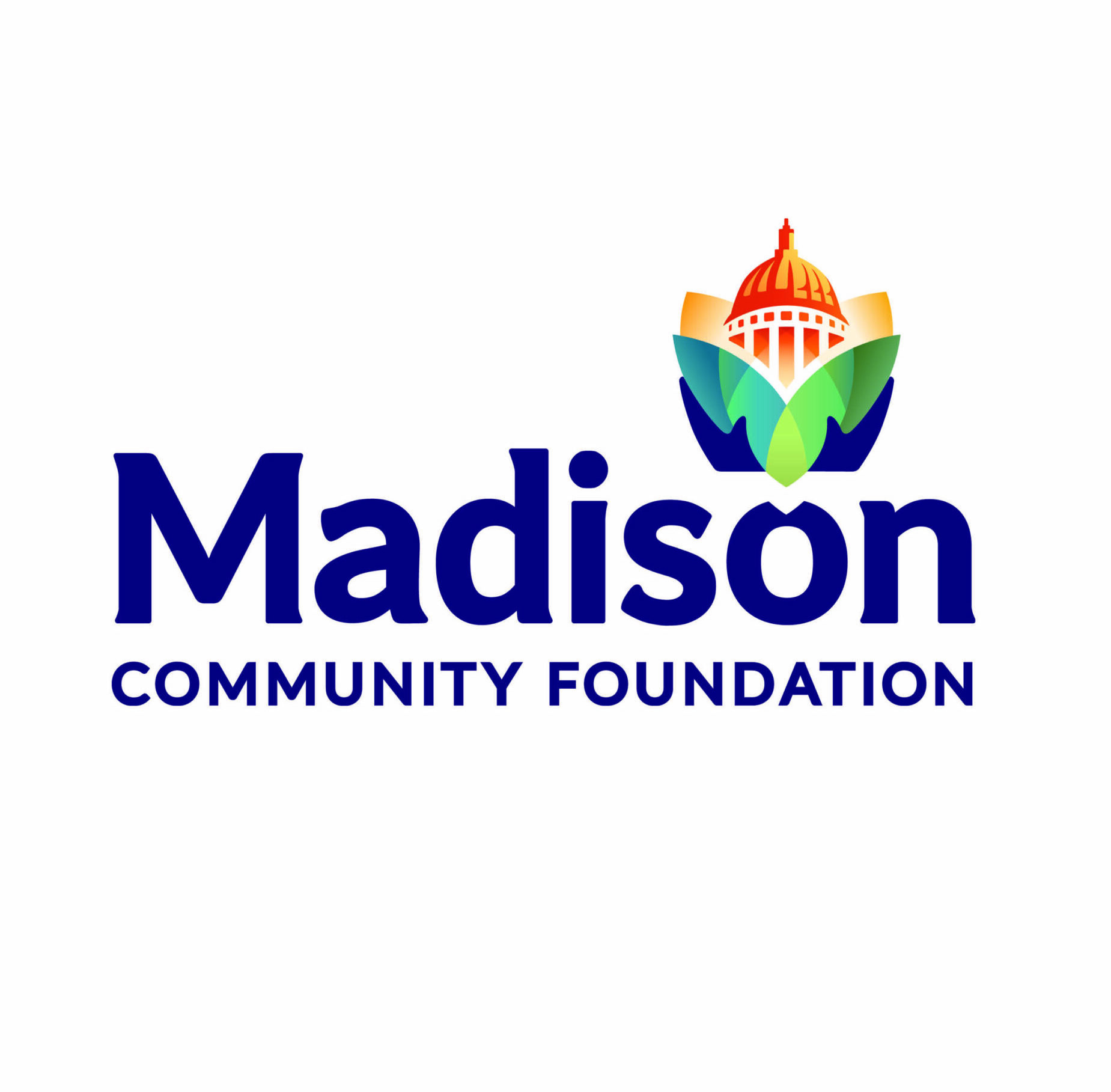We are thrilled to announce that Madison Community Foundation (MCF) has awarded REAP Food Group a $50,000 Community Impact Grant to expand our development and fundraising capacity. We will use the funds to hire a grant writer and train our board of directors in fundraising skills in order to grow support for our efforts to build a sustainable and just local food system. COVID-19 laid bare for REAP the unreliability of in-person events as fundraising drivers. Meanwhile, it presented an opportunity to collaboratively problem solve with community partners on the ground. In 2020 we co-created the Farms to Families Fund with Roots4Change to get food into the hands of families who needed it. The impact we saw from that collaboration showed us that we have even more work to do in the community. A focus on strengthening our development capacity in the immediate future will allow REAP to focus our energy into our core goals and on mission-oriented events without relying on restaurant partners to donate time and resources, especially as the food service industry deals with challenges exacerbated by a pandemic. We have big dreams to realize in our efforts to expand Farm to School programming beyond the Madison Metropolitan School District (MMSD), to plan for future disruptions in our local food and farming value chain, and advocate for policies that support sustainable agriculture and a fair food system. “REAP is taking a strategic approach to long-term financial sustainability, recognizing the importance of using not just the development director but also the executive director and board members to build a strong culture of philanthropy[.]...



